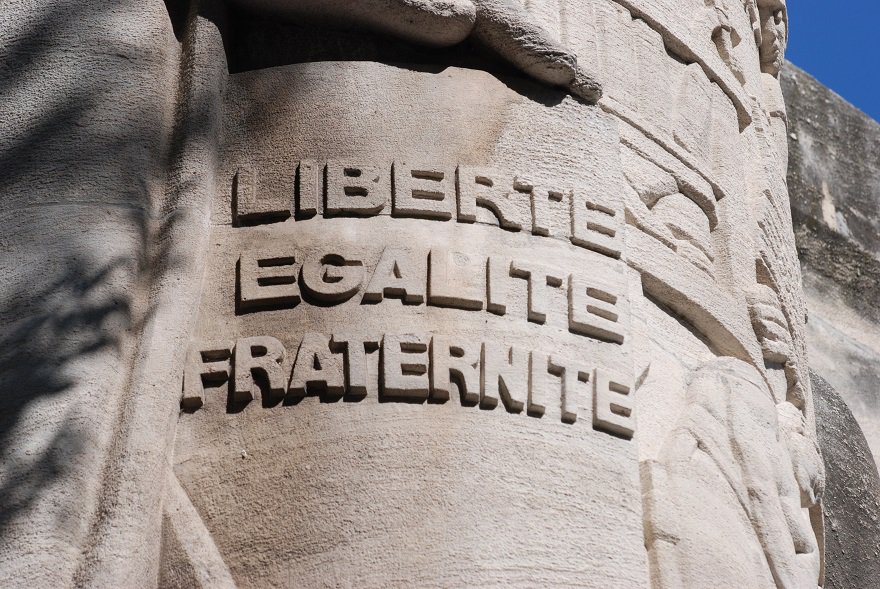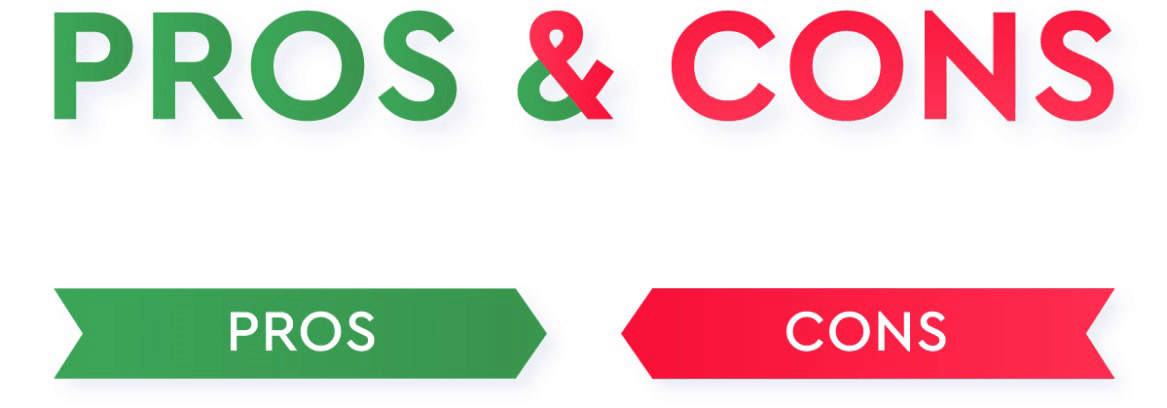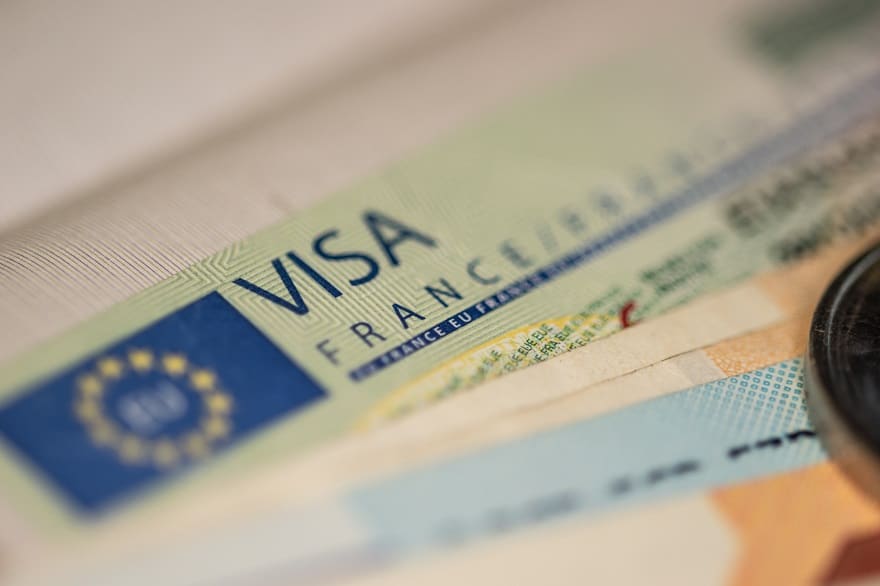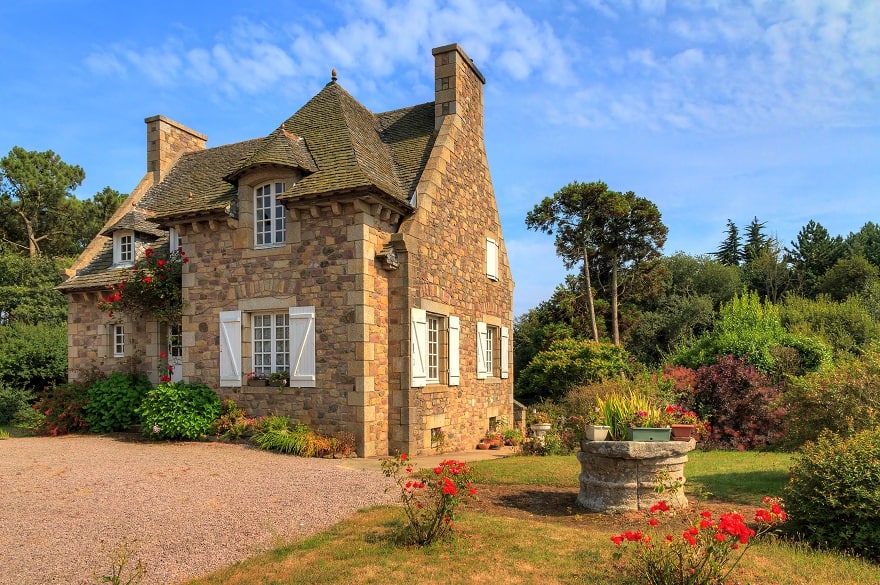Moving to France from Dubai in 2021 takes careful planning and attention to details and documentation. We provide everything you need to know before moving from Dubai to France. Start your move today by obtaining up to 6 competitive moving to France quotations FREE.
Moving to France makes one think of the wide boulevards of Paris, magnificent chateaux's and exquisitely prepared cuisine. But what are the key challenges people face when relocating to France?
The key when relocating to France is research and preparation. There is a lot of bureaucracy to deal with. Finding International schools outside of big cities is a challenge and then there is the language barrier. Healthcare and finances are all notable considerations ahead of your move to this wonderful country.
Fortunately, we cover all this and much more in our ultimate moving to France guide.
Aside from the paperwork and actual expenses, you also have to prepare yourself to live in a foreign country mentally. This is particularly relevant if you’re from a country that is a polar opposite of France in terms of customs, tradition, and lifestyle, you need to mentally prepare, too. Otherwise, you’ll end up with an extreme case of culture shock.
Fortunately, in this guide, we’ll be helping you in the research and getting-to-know process. Here, we’ll be sharing with you a glimpse of the kind of life an ex-pat like you can expect to experience when you move to France. We’ll help you get to know France a bit more, its people, the cost of living, the healthcare system, education system, and even their taxation and banking systems. Through this, you can plan ahead of time and decide based on facts and figures.
France is a country rich in customs and traditions. From the ancient Gauls to the ‘hexagone’ of modern times, many historical events shaped this great country. After the French Revolution, the country’s monarchy shifted to a republic with the government and its people sharing political power.
While Paris is viewed as the model city, there is a significant difference between the country’s capital and the other regions. ‘La France profonde’ is the French term used to describe the towns, countryside, and little villages therein.

‘Liberte, egalite, fraternite’ is the country’s national motto, and Maximilien Robespierre used this in his speech during the French Revolution. The literal translation of these French words is ‘liberty, equality, and fraternity.’ Since Robespierre’s speech, this motto has been a national slogan at protests, monuments, and press conferences. These words are even displayed in the French one-euro coin.
As an ex-pat, you need to know that the French people consider staging a strike or organized demonstration an exercise of their constitutional right. With this in mind, it is therefore familiar that workers stop working for a couple of days to stage a strike.
In Paris, major protests staged against some government policies involve protesters walking from Place de la Republique all the way to Place de la Bastille. You have to prepare yourself too since protests in France can sometimes get violent because people take the French motto seriously

Since the country is a huge melting pot of different nationalities, the everyday life of the French people has been heavily influenced by the culture and ways of life of other countries.
Whether you live in the south or north, brace yourself to experience some form of culture shock. If you live in the Southern part of the country, you can enjoy hot summers and an overall Mediterranean climate. Here, life is more relaxed and romanticized compared to life in the north.
For those who will be working in France, you’d be glad to know that they all enjoy a very healthy work-life balance because they only work 35 hours a week. This means that shops around the city are closed every Sunday. These shops are also closed in the afternoons of the weekday for a lunch break that lasts for two hours.
When it comes to religion, the majority of the French people are Roman Catholics. This only means that public holidays and traditional feasts often coincide.
If you’re wondering how French people are, know that they can get very formal, even in casual settings. Even between colleagues, shaking hands is a common way to say hello and goodbye. French women also like to kiss on the cheek just to say hello. In every setting, make sure that you speak graciously and softly.
When speaking French, the word ‘tu,’ which means you in English, is considered informal and is only used between family and friends. When you address a person you just met, an elderly person, or someone you don’t know very well, you use ‘vous.’
While some people mistake the French people for being snobbish, the truth of the matter is they are just respectful and polite in the truest sense of the word. You can see them impeccably dressed even if they’re just strolling downtown. For them, dressing down in public is disrespectful.
When you’re preparing to move to France, the cost of living should be considered since it varies significantly across the region. Lyon and Paris are the most expensive areas in which to reside. You have to make a budget for things like food, rent, healthcare, education, and so on.
If you’re in France and you plan to dine for two, in a mid-range restaurant, you can expect to pay around 50 EUR for your three-course restaurant meal. If you want to drink half a liter of domestic beer, you can expect to pay 1.80 EUR. Imported beer will be more expensive. Wine is cheap with a good bottle costing around 15 EUR.
For utility cost, prepare at least 140 EUR or 158 USD monthly for water, electricity, gas, and garbage. If you’re going to France with your family of five or six, expect that your utility cost can go as high as 200 EUR or 226 USD per month. If you want to enjoy unlimited data, internet cost per month is about 30 EUR or 34 USD.
France offers free education for students. Then again, if you want to enrol your kids in a private school, expect to pay 350 to 650 EUR per month. The state also provides subsidized healthcare, covering almost 70% of a patient’s healthcare expenses through the country’s hybrid system. The patient’s private health care covers the remaining 30%.

OF LIVING IN FRANCE
When moving to France from Dubai, importing Household Goods and Personal Effects
For a more in-depth look at documentation please check the International Association of Movers.
If you’re moving some of your personal belongings and household items in France, you need to know that the country’s customs impose certain restrictions on some items like animal products, tobacco, and alcohol. The items that you are allowed to bring to the country vary depending on where you’re from, the nature of the item, and the amount.
For purposes of taxation, all products need to be for personal use only, or must be given as gifts, and should not exceed the value limits. Items used for trading and commercial goods, regardless of their value, need to be declared at customs.
If you already paid the VAT in the EU country where the item was purchased, you can import your less than six-month-old household items duty-free. To claim this, you need to show your sales receipt. If you are entering France from a non-EU country and you’re bringing in items that you owned for less than six months, expect that you’ll be paying 20% VAT and duties. For this, you will need a sales invoice detailing the date, price, and the place where you purchased the item.
If you have been longing to apply for a long-stay French visa, you have to decide the type of visa you’ll be applying for. Depending on your travel purpose, you can apply for any of the following French visas:

If you’re planning to move to France, you need to consider opening a French bank account upon arrival. If you don’t have a French residence card, you can still open a bank account reserved for non-residents. Expats who are residents in France can access a wider variety of French bank accounts.
Yes, you can, but it’s better to apply for such a bank account online and the process is normally available in multiple languages.
Yes, you definitely can. Both non-residents and residents can easily open a French bank account. For non-EU residents, all you have to do is provide additional documents. The bank can impose certain restrictions, too.
Though the requirements for opening a bank account differs from one bank to another, here are the standard documents you need to prepare:
The climate in France is temperate, but it’s divided into four different climatic areas. Western France enjoys an oceanic climate, with average rainfall evenly spread over several days and yearly temperature variations. Eastern and Central France, on the other hand, enjoys a continental climate, with hot summers and cold winters.
South-eastern France enjoys a Mediterranean climate, with rainy October to April, dry, hot summers, and ample year-round sunshine. Since the country has an altitude of above 600 to 800 meters, the mountain climate causes heavy rainfall and three to six months of snow every year.
72%
6
3oC/37oF
7
70%
27oC/81oF
8oC/46oF
1oC/33oF
If you intend to stay in France for a short time, it’s wise just to rent a property. However, if you intend to stay there for good, buy a property instead. When you intend to rent a property, know that the average rent for a single-bedroom apartment within the city center in France will cost you about 750 EUR or 950 USD. If you are outside big cities like Paris, you can expect to pay around 500 EUR or 600 USD monthly.
Yes, they can. There are currently no restrictions imposed on foreigners who want to buy immovable property in the country. However, you should be aware that the process can get more complicated. If you buy directly from a property owner, you can expect the prices to be inflated.
The trick here is for you to ask a friend who is a local to assist you in looking for a house to purchase. They’ll have better rapport and will have a better chance of getting a good deal from their fellow Frenchman.
If you end up buying a property in France, you can expect to pay 750,000 EUR for a two-bedroom apartment in Paris, 420,000 EUR for a three-bedroom apartment in Lyon, and 1,250,000 EUR for a four-room apartment in Marseille.

French residents enjoy subsidized healthcare. Their healthcare system is also considered one of the best in the entire world. You can say that the country’s healthcare is well-serviced with more than one doctor for 1,000 residents. Because of a good healthcare system, the French people’s average life expectancy is 83.
Building a high-quality healthcare system doesn’t happen overnight. And it’s not free. This is exactly the reason why the French people pay higher tax rates. The country allocates more than 11% of its Gross Domestic Product on the country’s mandatory healthcare. As a result, French people enjoy better healthcare policies. Patients who are admitted to French hospitals only spend a little on their bills because their government subsidizes the majority of the cost.
One of the good things about the country’s healthcare system is that it’s speedy. No need to wait in long lines for an appointment with the doctor as getting one is effortless. Even if the French healthcare system is of premium-quality, the people get affordable care. The said system is also available to everyone, even to people who are not gainfully employed.
If you’re an ex-pat, you can gain access to the country’s healthcare after three months. It can be sooner if you are employed and paying your social security. The country offers preventive care for everyone, making free medical checkups accessible to the people once every two years.
The only downside of the said system, aside from the high taxes one has to pay in exchange for it, is that ex-pats have to be covered by private insurance for three months before they can take advantage of the same.
One of the prerequisites for a foreigner to qualify for public health insurance coverage is to meet the country’s residency requirements. Aside from the three-month residency requirement, the ex-pat needs to be working in the country and intends to live there regularly and stably for six months.
The moment you enter into the state healthcare system, you’ll also have to apply for the European Health Insurance Card. Through this, you can take advantage of medical treatment, at a lesser cost or for free, when you visit another EU country.

If you’re moving to France with your kids, you need to prepare for their education. Aside from having the best healthcare system in the world, France is also known for having one of the most sophisticated educational systems in the whole world.
The school systems in the country offer traditional learning methods, with stricter academic standards and a nationally-set curriculum. The state offers free, secular compulsory education for kids between six to 16 years old. Before your kids reach this age, you can already start sending them to kindergarten or nursery schools.
Currently, there are four different stages of education in the country, and these are - Ecole maternelle, Ecole primaire, college, and lycee. Children in France are only obliged to attend primary, middle, and secondary school. The school year usually starts in September and ends in July.
Most ex-pats send their kids to international schools. In France, these schools have a good reputation for its small class sizes that offer high-quality education. These international schools provide education for all ages, starting from nursery, all the way to college. Here, lessons are mostly taught in English and French. Find the best schools in France
Moving to a different country can be daunting, and if you don’t get on top of things it can become quite stressful. Moving to France presents its own set of unique challenges, but if you follow the guidelines we have provided, we feel certain you can experience a smooth relocation to France.
You can start the ball rolling by completing our simple form, allowing international movers to get started on your quotation, today!
